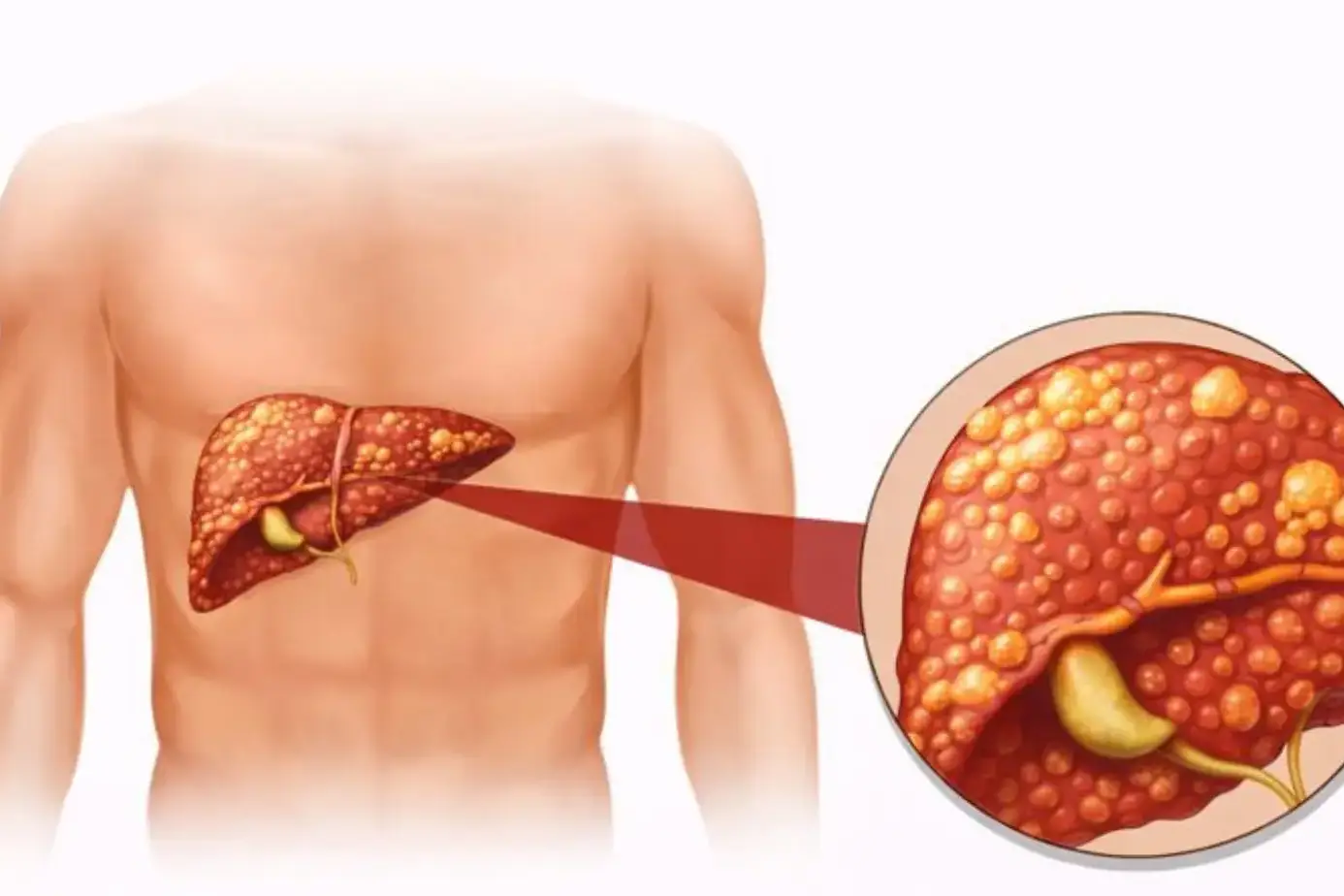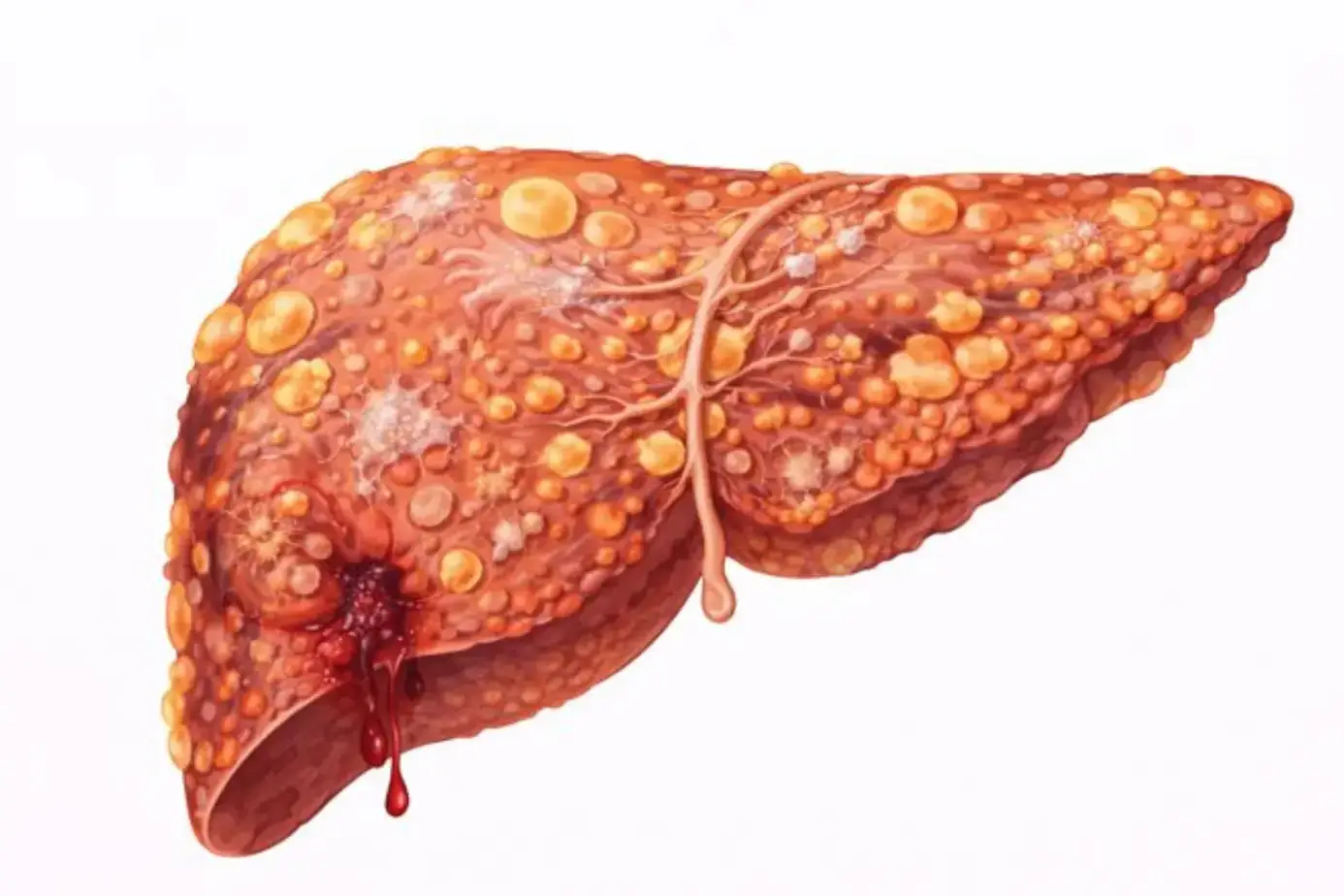Keeping your liver healthy is key to your overall health. A hepatic liver function panel gives important clues about your liver’s condition. This test checks the levels of enzymes, proteins, and substances in your blood.
Table of Contents
ToggleThese levels show how well your liver is working. Knowing what your liver test results mean is crucial. It helps you and your doctor spot any liver issues early.
By understanding these results, you can take steps to keep your liver in top shape.
Introduction to Liver Profile Tests
Your liver is very important. It does over 500 key jobs in your body. Doctors often suggest a liver profile test to check its health. This blood test looks at substances made by your liver, giving important info about how it’s working.
What are Liver Profile Tests?
Liver profile tests check certain enzymes, proteins, and waste in your blood. They help find liver damage or disease. These tests also spot other issues that might affect your liver.
Importance of Understanding Liver Health
It’s key to know your liver test results for good health. Your liver handles metabolism, digestion, and removing toxins. Knowing about your liver helps you make better choices and get help if needed.
Checking your liver enzyme, protein, and bilirubin levels often is important. It helps find problems early. This way, you can manage and prevent serious liver issues.

Components of a Liver Profile Test
When your doctor orders a liver profile test, it checks your liver’s health. This test looks at enzymes, proteins, and bilirubin levels. These help understand how well your liver works.
Enzymes Measured
The test checks enzymes like ALT (alanine aminotransferase), AST (aspartate aminotransferase), ALP (alkaline phosphatase), and GGT (gamma-glutamyl transferase). These enzymes are key to liver function. High levels can mean liver damage or problems.
Proteins Evaluated
The test also looks at liver proteins like albumin and total protein. Albumin helps keep fluid balance right. Total protein shows the blood’s protein amount. Odd levels can tell us about liver protein making and control.
Bilirubin Levels
Bilirubin is made when red blood cells break down. The liver gets rid of bilirubin. High bilirubin levels might mean liver disease or other issues like bile duct blockage.
Knowing what a liver profile test checks helps you understand your liver’s health. This knowledge lets you work with your doctor to find and fix any liver problems. It helps keep your liver healthy.

Interpreting Liver Profile Test Results
It’s key to understand your liver test results to keep an eye on your liver health. Each test part has its own normal range. By comparing your results to these ranges, you can see how your liver is doing.
Normal Range Values
Here are the normal ranges for liver enzymes and markers:
- ALT (Alanine Aminotransferase): Up to 36 U/L in adults, may be higher in infants and young children.
- AST (Aspartate Aminotransferase): Up to 36 U/L in adults.
- ALP (Alkaline Phosphatase): 20-140 IU/L in adults.
- Total Bilirubin: 0.1-1.2 mg/dL.
- Albumin: 35-50 g/L.
- Total Protein: 5.5-9.0 g/100 mL.
Patterns of Abnormal Results
If your test results are not normal, it might mean you have a liver problem or another health issue. Looking at the patterns of abnormal results can help figure out the cause:
- Elevated enzymes (ALT, AST) may suggest liver diseases like hepatitis or fatty liver.
- Changes in protein levels (albumin, total protein) could indicate inflammation, malnutrition, or liver disease.
- Increased bilirubin levels may point to conditions like Gilbert’s syndrome or hemolysis.
- Isolated elevation of GGT (Gamma-Glutamyl Transferase) may be due to alcohol consumption or certain medications, without underlying liver disease.
- Abnormal alkaline phosphatase (ALP) levels could indicate bone growth, injury, or primary biliary cirrhosis.
It’s crucial to talk to your healthcare provider about your liver test results. They can help you understand what they mean and what steps to take next for your health.
Liver Diseases and Conditions
Your liver is very strong, but it can still get sick. It can face diseases like hepatitis, cirrhosis, fatty liver disease, and liver cancer.
Hepatitis makes the liver inflamed, often from viruses. It can damage the liver and get worse if not treated. Cirrhosis makes the liver scarred and less good, usually from too much alcohol or chronic liver issues.
Fatty liver disease happens when fat builds up in the liver. It’s often due to being overweight, diabetes, or metabolic problems. If not managed, it can cause inflammation and damage.
Liver cancer is a big worry, with types like hepatocellular carcinoma and cholangiocarcinoma. These cancers can grow from liver diseases or conditions and need quick medical help.
It’s important to know the signs of these liver diseases and get medical help fast. Regular check-ups and liver function tests can catch problems early. This way, you can get help before things get worse.

Risk Factors and Causes of Elevated Liver Enzymes
Elevated liver enzyme levels can come from many sources. This includes drinking too much alcohol or taking certain medicines. Knowing what can harm your liver is key to keeping it healthy.
Alcohol Consumption
Drinking too much alcohol is a big cause of high liver enzymes. Your liver tries hard to break down alcohol, which can hurt liver cells. This can lead to serious problems like alcoholic hepatitis or cirrhosis. It’s important to drink alcohol in moderation to protect your liver.
Medications and Liver Damage
Some medicines, like antibiotics or painkillers, can also raise liver enzymes. This is called medication-induced liver damage. If you’re on any meds, talk to your doctor about how they might affect your liver, especially if your liver tests show problems.
Knowing what can harm your liver helps you take care of it. Regular check-ups, talking openly with your doctor, and making healthy changes can keep your liver working well.

Preparing for a hepatic liver function panel
Before you get a liver function test, follow some easy steps. This helps your doctor understand your liver’s health better.
Fasting Requirements
One important step is to fast for 10-12 hours before the test. Don’t eat, drink (except water), or take some medicines. Fasting keeps the test results steady.
Medication and Supplement Disclosure
Tell your doctor about any medicines, supplements, or herbal products you use. They can change the test results, so it’s important to share this info.
Avoiding Alcohol
Don’t drink alcohol for at least 72 hours before the test. Alcohol can make your liver enzyme levels go up. This can make it seem like your liver isn’t working right.
By following these steps, you help make sure your liver test is accurate. This lets your doctor make good choices for your liver health.
Follow-up Testing and Monitoring
If your first liver test shows any issues, your doctor might suggest more tests. These tests help understand your liver better. They can show how well your liver is working and what might be wrong.
Additional Diagnostic Tests
Your doctor might do one or more tests to check your liver:
- Liver imaging: Ultrasound, CT scan, or MRI can show your liver’s shape and any problems.
- Liver biopsy: A small liver sample might be taken to find specific liver issues or rule out diseases.
- Blood tests: More blood tests can check liver enzymes, proteins, or substances. This gives more insight into liver problems.
These liver profile tests help your doctor decide the best way to care for your liver. This could mean changing your lifestyle, taking medicine, or watching your liver closely.
It’s important to keep checking your liver with regular tests. This is especially true if you already have a liver problem or are at risk. Your doctor can help make a plan to keep your liver healthy.
Lifestyle Changes for Liver Health
Keeping your liver healthy is key for your overall health. Making small changes in your daily life can help a lot. Here are some important steps to keep your liver in great shape:
- Reduce Alcohol Consumption: Too much alcohol can harm your liver. Try to drink no more than one drink a day for women and two for men.
- Embrace a Healthy Liver Diet: Eating well is good for your liver. Focus on fruits, veggies, whole grains, lean proteins, and healthy fats. Stay away from processed and high-fat foods.
- Get Regular Exercise: Exercise like walking, swimming, or strength training is good for your liver. It helps blood flow and keeps you healthy. Exercise also helps you stay at a good weight, which is important for your liver.
By changing your lifestyle, you can help your liver stay healthy. Remember, even small changes can make a big difference in your health.
Don’t forget to see your doctor regularly. They can check your liver health and catch any problems early. Taking care of your liver now can lead to better health later.
Conclusion
Liver function tests help you see how your liver is doing. They let you catch problems early and act fast. Working with Dr. Nivedita Pandey and her team at Max Hospital can help you keep your liver healthy.
If you’re worried about your liver, Max Hospital can help. They know about liver enzymes and how to keep your liver working well. Make an appointment today to start improving your liver health.
Being informed and taking action can protect your liver. Your liver is key to your health. With the right care, it can stay healthy for a long time.
FAQ
What are liver profile tests?
Liver profile tests are blood tests. They check your liver’s health by looking at enzymes, proteins, and other substances.
Why is understanding liver health important?
Your liver does over 500 important jobs. It helps with metabolism, digestion, and removing toxins. These tests help find problems early and keep your liver healthy.
What does a liver profile test measure?
It checks liver enzymes like ALT, AST, ALP, and GGT. These show if your liver is damaged. It also looks at proteins and bilirubin levels to see how well your liver works.
How are the results of a liver profile test interpreted?
Each test has a normal range. Your doctor compares your results to these ranges. This helps them see if your liver is healthy. Abnormal results can point to liver diseases or other health issues.
What are some common liver diseases and conditions?
Common liver diseases include hepatitis, cirrhosis, and fatty liver disease. Liver cancer, like hepatocellular carcinoma, is also common.
What factors can affect liver enzyme levels?
Drinking too much alcohol and certain medications can raise liver enzyme levels. Always tell your doctor about all your medications before the test.
How should I prepare for a liver profile test?
Fast for 10-12 hours before the test. Avoid alcohol for 72 hours. Tell your doctor about any medications or supplements you take.
What additional tests may be recommended if my liver profile is abnormal?
If your test shows problems, your doctor might order more tests. This could include imaging studies or a liver biopsy to understand the cause.
How can I keep my liver healthy?
Eat a balanced diet with fruits, vegetables, whole grains, lean proteins, and healthy fats. Drink less alcohol and exercise regularly to keep your liver healthy.
Source Links
About The Author

Medically reviewed by Dr. Nivedita Pandey, MD, DM (Gastroenterology)
Senior Gastroenterologist & Hepatologist
Dr. Nivedita Pandey is a U.S.-trained gastroenterologist and hepatologist with extensive experience in diagnosing and treating liver diseases and gastrointestinal disorders. She specializes in liver enzyme abnormalities, fatty liver disease, hepatitis, cirrhosis, and digestive health.
All content is reviewed for medical accuracy and aligned with current clinical guidelines.
About Author | Instagram | Linkedin





